“Did they do their research at all? Do they have any idea who we are?”
Those words came from the vice president of programming at the family foundation where I worked. And she was expressing her frustration with the grant proposal in front of her.
The daughter of the original founders, Ms. R had enjoyed an exceedingly privileged life, it’s true. She also was a woman of uncommon grace, had a giant heart, and took her job as steward of her parents’ legacy very seriously.
And all of it — our legacy, our history, our mission, our past grantees — was publicly available for anyone who took the time and effort to look it up.
Yet this grant proposal sought funding for an initiative that was clearly not even remotely in the realm of possibility.
A worthy cause, yes. But not a cause that we would have any interest whatsoever in funding. Ever.
But my boss’s offhand comment that day provided one of my most valuable fundraising lessons.
You are not your donors.
Yet this is an all-too-common rookie mistake from non-fundraisers who think they know how to fundraise. This idea that your cause is so noble and so just and so deserving that donors will surely beat a path to your door.
After all, you’re doing the work that matters.
And you shouldn’t have to do anything but let prospective donors know about it. All you need to do is to “educate” them.
But the non-fundraisers are so sure they’re right, despite a wealth of data pointing to the contrary.
When gurus suggest changes — or, even worse, suggest that you completely discard a proven fundraising model — you need to question what they’re asking you to do. What is their intent? What assumptions are they making? How do we know those assumptions are true?
And, most importantly, what data shows that we need to make changes?
Particularly now, in the middle of a global pandemic and national unrest, I don’t need to tell you that there’s a lot on the line.
You need to be smarter than ever about your fundraising.
The margin for error is extremely narrow. You need more thought and better planning. You need to have clean data and you need to know your data.
You need consistency, clarity, and commitment.
And, most of all, you need impeccable execution.
When a consultant friend of mine, who has just started what is already shaping up to be an extremely successful capital campaign (his letter is already pulling in major gifts of $1,500+ with ease and the associating email follow-up is about to drop) wrote this…
Marketing Director “I just attended an important workshop on community fundraising and they said we should use “you” less and more about community so I re-wrote it to show all of our community work and and numbers of people we serve . . . in the community because we need to be more community centric.”
…I wanted to tear my hair out.
Your best fundraising will always come from mastering the fundamentals of donor-centered fundraising. And one of your strongest measurements of your fundraising program is your donor retention rate. Click To TweetYet it’s human nature to be distractible. We’re always drawn to the next bright shiny new object. From the “how to raise money on Facebook/Instagram/TikTok” webinars to the latest, “community-centered fundraising.”
Donor-centered fundraising has withstood the test of time.
The fact is people do change. But human nature doesn’t. Meet your donors where they are. Not where you think they should be or where you’d like them to be.
We’re going through chaotic times. Times that are challenging for everyone. You and I both know you don’t need any more distractions.
Yes, there are problematic donor power dynamics in many nonprofits. But I contend that they’re often from our own making. After all, is there anyone amongst us who hasn’t worked in a nonprofit where certain funders, major donors, and even board members were literally fawned over?
Who amongst us hasn’t been urged to “write us a grant from the Bill Gates Foundation” or build a major donor program (when the organization is far from ready)?
But when you’re focused on building a broad base of individual donor support those issues simply don’t arise.
You’re also able to better withstand crises like we’re going through right now. The loss of the $15,000 expected foundation grant or that gala is easily offset by your monthly giving program. Of course, building that base requires an investment, something many boards struggle with.
Donor-centricity leads to community.
I’ve witnessed it time and time again. When organizations truly master what it means to be donor-centric, they build the kind of support and partnerships that will see them through any crisis. And their $10 a month donors feel like valued partners as much as their major donors. The principles of community-centered fundraising are brilliant. And they can be incorporated within the donor-centered framework without building an entirely new model.
Right now you can be a source of stability and reassurance for your donors when they need it most.

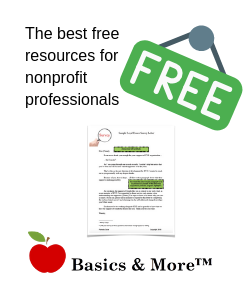
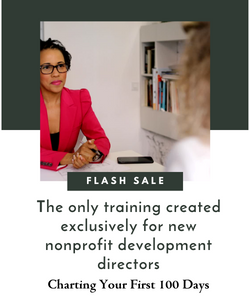
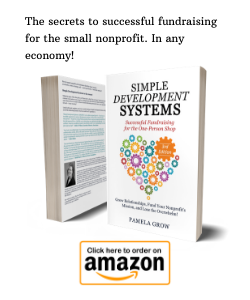
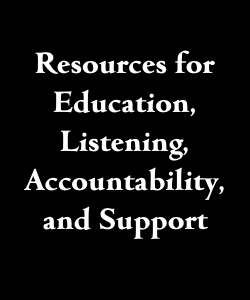
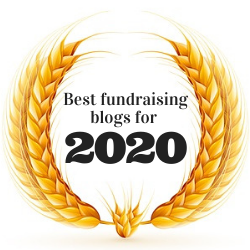

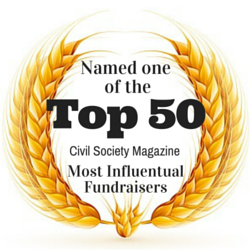
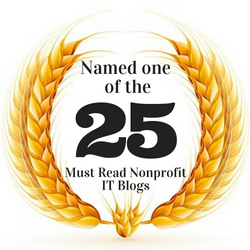

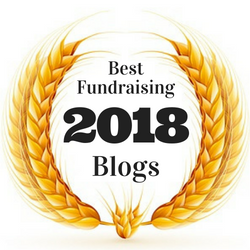
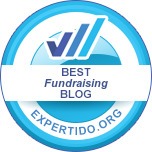
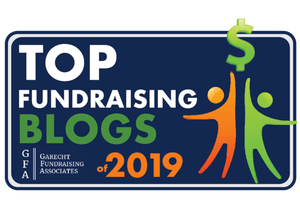
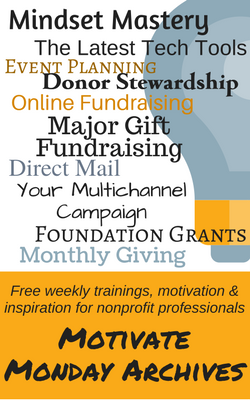

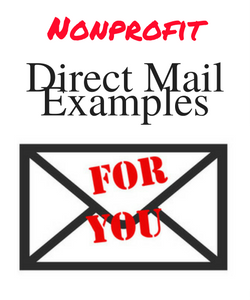
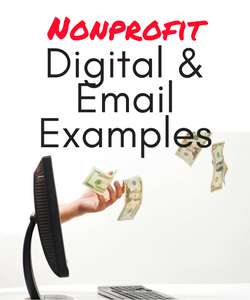

 I can’t wait to meet with you personally.
I can’t wait to meet with you personally.
Comments on this entry are closed.